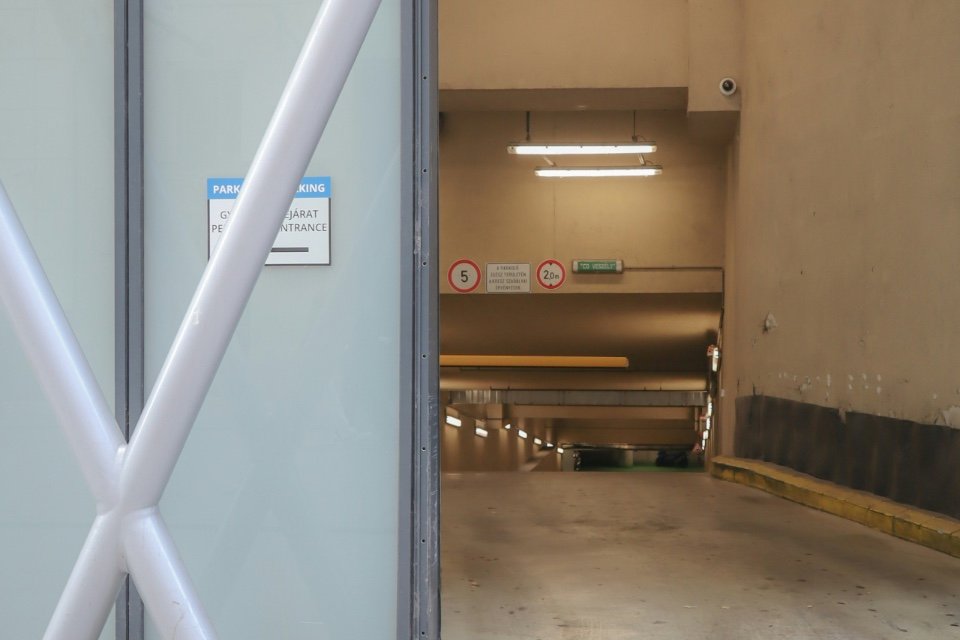Physical security professionals in the UK face a myriad of choices when selecting access control systems for their organisations. The right system not only bolsters security but also integrates seamlessly with other operational elements. Here are top tips to help these professionals in making informed decisions…
- Assess Your Specific Security Needs: The first step is a thorough assessment of your organisation’s specific security requirements. Consider factors such as the size of the facility, the nature of the work conducted, employee and visitor traffic, and any specific threats or vulnerabilities. An access control system for a high-security government building will differ vastly from that needed in a small commercial office.
- Choose a Scalable and Flexible System: Look for systems that are scalable and can grow with your organisation. The ability to add or remove access points without major system overhauls is crucial. Flexibility in terms of technology integration with existing systems, such as CCTV or intruder alarms, is also important.
- Consider Advanced Technologies: Modern access control systems offer advanced features like biometric authentication, mobile access, and cloud-based management. Biometrics can provide a higher level of security, while mobile access and cloud-based systems offer convenience and remote management capabilities. Evaluate how these technologies can enhance your security setup and operational efficiency.
- Prioritise Ease of Use and Training: The system should be user-friendly for both security staff and users. Complicated systems can lead to user frustration and potential security lapses. Ensure that the vendor provides comprehensive training and support to facilitate smooth operation.
- Integrate with Other Security Systems: A holistic approach to security is key. The access control system should integrate seamlessly with other security systems like surveillance cameras and alarm systems. This integration enables a more coordinated response to security incidents.
- Compliance with Regulations and Standards: The system must comply with UK data protection laws and any industry-specific regulations. GDPR compliance is particularly crucial when dealing with systems that store personal information, such as biometric data.
- Evaluate the Vendor’s Reputation and Support: Choose a vendor with a solid reputation for quality and reliability. Good vendor support is crucial for troubleshooting and maintenance. Check references and case studies to understand their track record.
- Plan for Future Needs: Consider future trends and how they might impact your security needs. For instance, the growing importance of contactless technologies and AI-driven security solutions should inform your decision.
- Conduct a Cost-Benefit Analysis: While budget constraints are a reality, the cheapest option may not always be the best. Evaluate the long-term benefits and ROI of the system, considering factors like reduced manpower costs and potential loss prevention.
- Test Before Implementation: Before full-scale implementation, test the system in a controlled environment. This pilot phase can reveal unforeseen issues and user challenges, allowing for necessary adjustments.
Selecting the right access control system requires a strategic approach, considering current and future security needs, technological advancements, compliance requirements, and operational efficiency. With these tips, physical security professionals in the UK can make informed decisions that enhance the safety and resilience of their organisations.
Are you looking for Access Control solutions for your organisation? The Total Security Summit can help!
Photo by Sam Moghadam Khamseh on Unsplash







